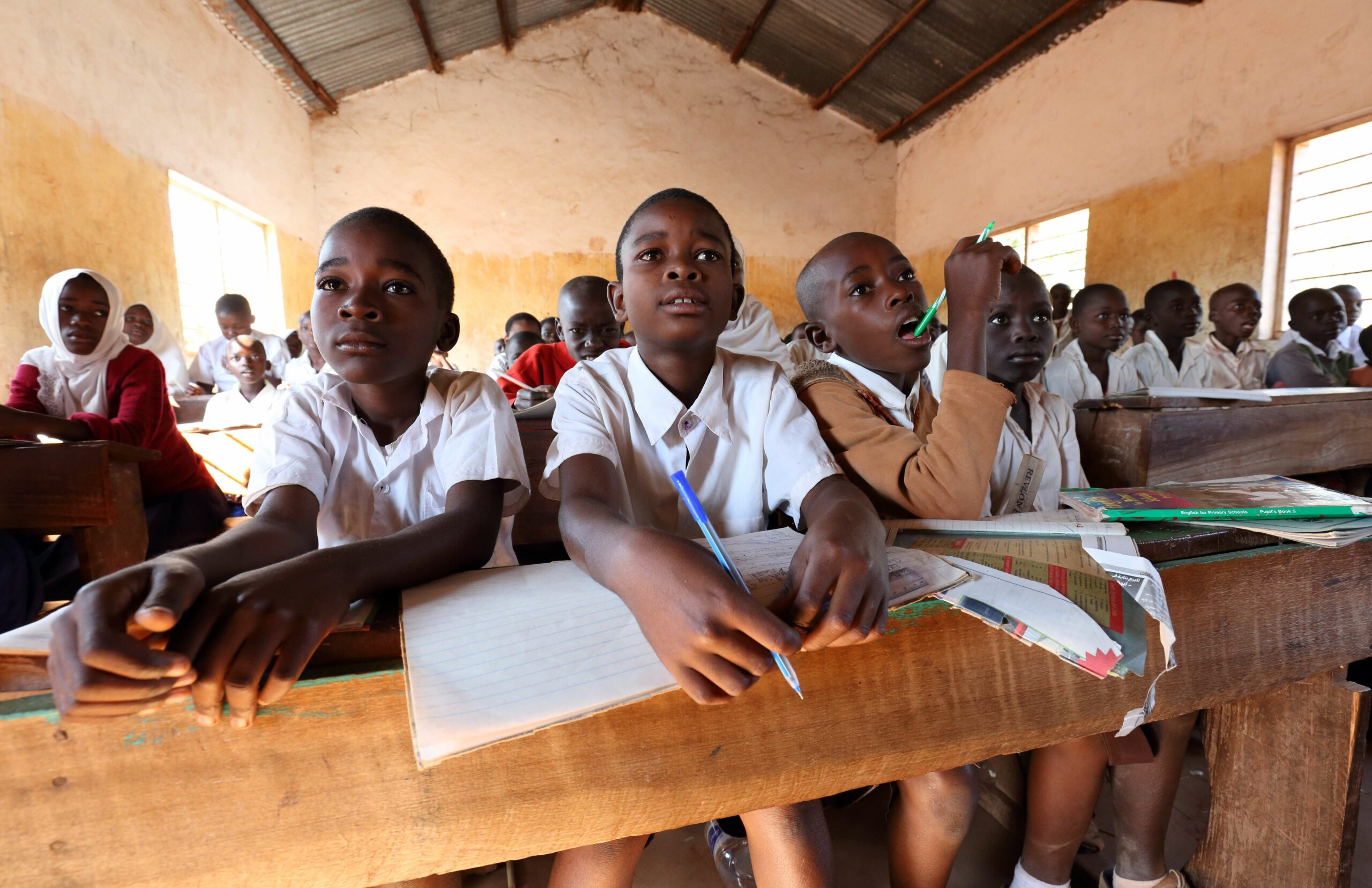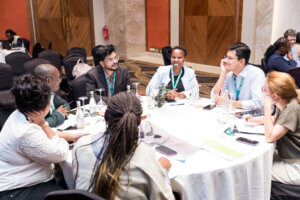Feasibility > Scale Partnerships (Operations)
Empowering local stakeholders is crucial for successfully introducing educational innovations in new contexts. For Sabre Education, kindergarten teachers in Ghana play a pivotal role in delivering quality early years education through play-based methodologies. Whilst Sabre achieved previous success partnering with the Ghana Education Service (GES) in scaling the play-based learning model through public schools, private schools presented a distinct set of challenges.
To gain a comprehensive understanding of this sub-sector, Sabre Education initiated a scoping study and conducted preliminary tests through an initial pilot programme involving 47 low-fee private schools in Central Ghana. This initiative involved training teachers and headteachers in play-based learning. Initial findings indicated that teachers played a crucial role in implementing play-based learning, but their motivation levels varied significantly.
In response to this challenge, Sabre Education organised a brainstorming activity during the Impact@Scale Scale Labs Group session. This collaborative effort brought together participants and coaches from the Labs, including representatives from Brazil (Latin America), Kenya (Africa), and Pakistan (Asia). This article aims to share the insights gleaned from this exercise.
Quantifying the challenge
Sabre Education’s pilot project in private schools yielded valuable insights. Many kindergarten (KG) teachers were high school graduates without formal training or ongoing professional development during their tenure as educators. Additionally, teachers in private schools often received low compensation (approximately $30/month) with no supplementary incentives or alternative sources of income. These factors, coupled with suboptimal learning environments, contribute to a high turnover rate of teachers, occurring approximately every two years in private KG schools in Ghana. Conversations with teachers during the pilot project revealed a pervasive lack of motivation in the classroom, with many viewing their roles as temporary until they could pursue other career opportunities, such as gaining admission to tertiary institutions.
In contrast to public schools, where Sabre Education had successfully implemented its play-based teacher training programme, private school teachers faced more challenging circumstances. They operated in contexts with lower pay, less formal training, and inadequate learning facilities. Acknowledging these challenges is crucial when expecting engagement in teacher training programmes from private school teachers.

Brainstorming ideas
Facilitating a dynamic brainstorming session, Sabre Education engaged with participants and coaches to explore innovative strategies for boosting teacher engagement in low-fee private schools. Sabre posed these questions to the group, seeking collaborative solutions to challenges faced by kindergarten (KG) teachers with low motivation.
- How do we get KG teachers with low motivation to be committed to putting in the required level of effort to use the play-based methodology in the classrooms despite these issues?
- How do we incentivise them? Who should do that?
- What are your experiences working with teachers with such low levels of motivation? How did you overcome it?
Synopsis of the discussion
1. Understanding teacher motivation
The importance of understanding teacher motivations emerged as a key theme. Insights from Dignitas highlighted the efficacy of directly seeking input from teachers, ranging from monetary rewards to organising enjoyable activities that they weren’t normally able to access. Additionally, a suggested stakeholder map focused on teachers’ needs and potential barriers to commitment, highlighting how involving teachers speeds up the adoption of solutions.
2. Peer-motivated professional development
Drawing inspiration from the Modern Classrooms Project, participants emphasised the impact of peer motivation and support in professional development. The suggestion involved creating local alumni groups comprising experienced teachers who could mentor newer colleagues, fostering a sense of community and support. Such initiatives could inspire dedication among teachers adopting new methodologies.
3. Strengthening school leadership buy-in
Recognising the pivotal role of school leadership, participants stressed the need for Sabre Education to secure strong buy-in from leaders in the private schools. A participant mentioned that in Kenya, without school management buy-in, interventions will likely fail. Aligning programme benefits with school objectives, such as cost reduction, revenue development, increased productivity, and improved learning outcomes, was recommended. Strengthening this alignment could motivate school leaders to actively engage in teacher training.
4. Certification for career growth
Acknowledging the low teaching qualifications of private teachers in Brazil, Kenya, and Pakistan, participants proposed a professional development pathway through certification. Encouraging Sabre Education to collaborate with the Ministry of Education in Ghana to develop an accredited certification in play-based learning could provide teachers with career growth, facilitating higher income negotiations and enhancing their professional reputation.
5. Demonstrating the impact of the play-based approach
Highlighting that it is very motivating when teachers can see the positive impact of their work, participants suggested sharing data during coaching sessions to demonstrate progression. For example, Dignitas demonstrates the impact of their solution in both learning outcomes and teaching practice to teachers during coaching. Mapping out future objectives and goals for teachers could foster a sense of growth and investment in their development. Sabre conducts spot-checks, coaching, and mentoring in the public school setting. Recommendations included providing similar support to teachers in low-fee private schools, allowing them to recognise the positive impact of the play-based pedagogy.
6. Monetary and non-monetary incentives
Participants recommended the implementation of incentives for achieving milestones, both monetary and non-monetary. Drawing inspiration from The Citizens Foundation in Pakistan, where school leaders receive raises based on academic leadership, this approach could create healthy competition among teachers, driving increased engagement.
Next steps
In conclusion, Sabre Education expressed enthusiasm for the catalogue of ideas expressed through the brainstorming exercise. At the end of the conversation, Michael Klutse and Tony Dogbe, who moderated the discussion on behalf of Sabre Education, expressed an interest in incorporating some ideas into their teacher training programme for affordable private schools in Ghana. In particular, they are keen to examine professional development pathways and models to inspire and engage teachers in affordable private schools, signalling a commitment to innovative approaches within the organisation.
Related tool in Scale Toolkit
Stakeholder Mapping






 Parent & Community Engagement
Parent & Community Engagement





